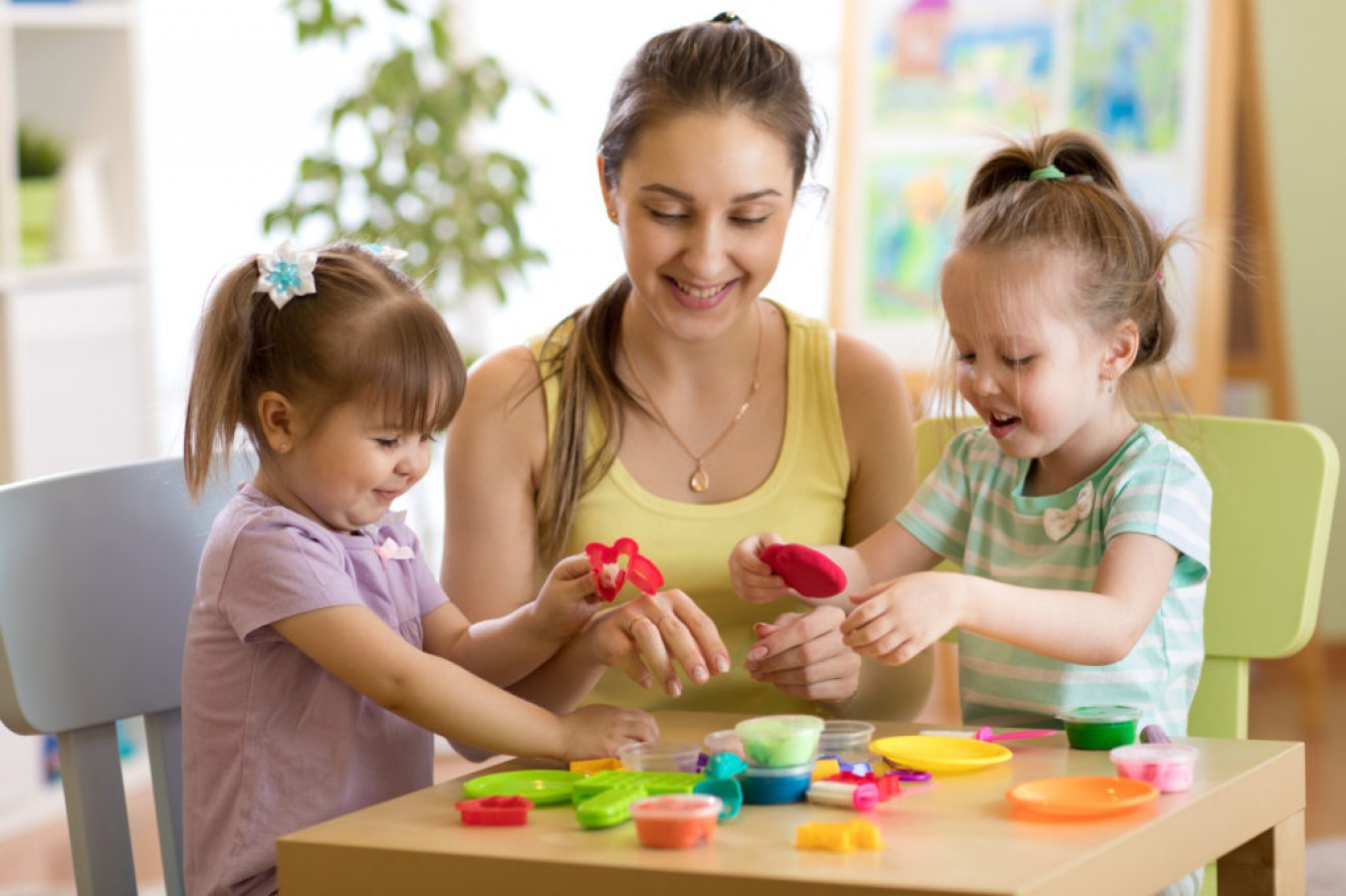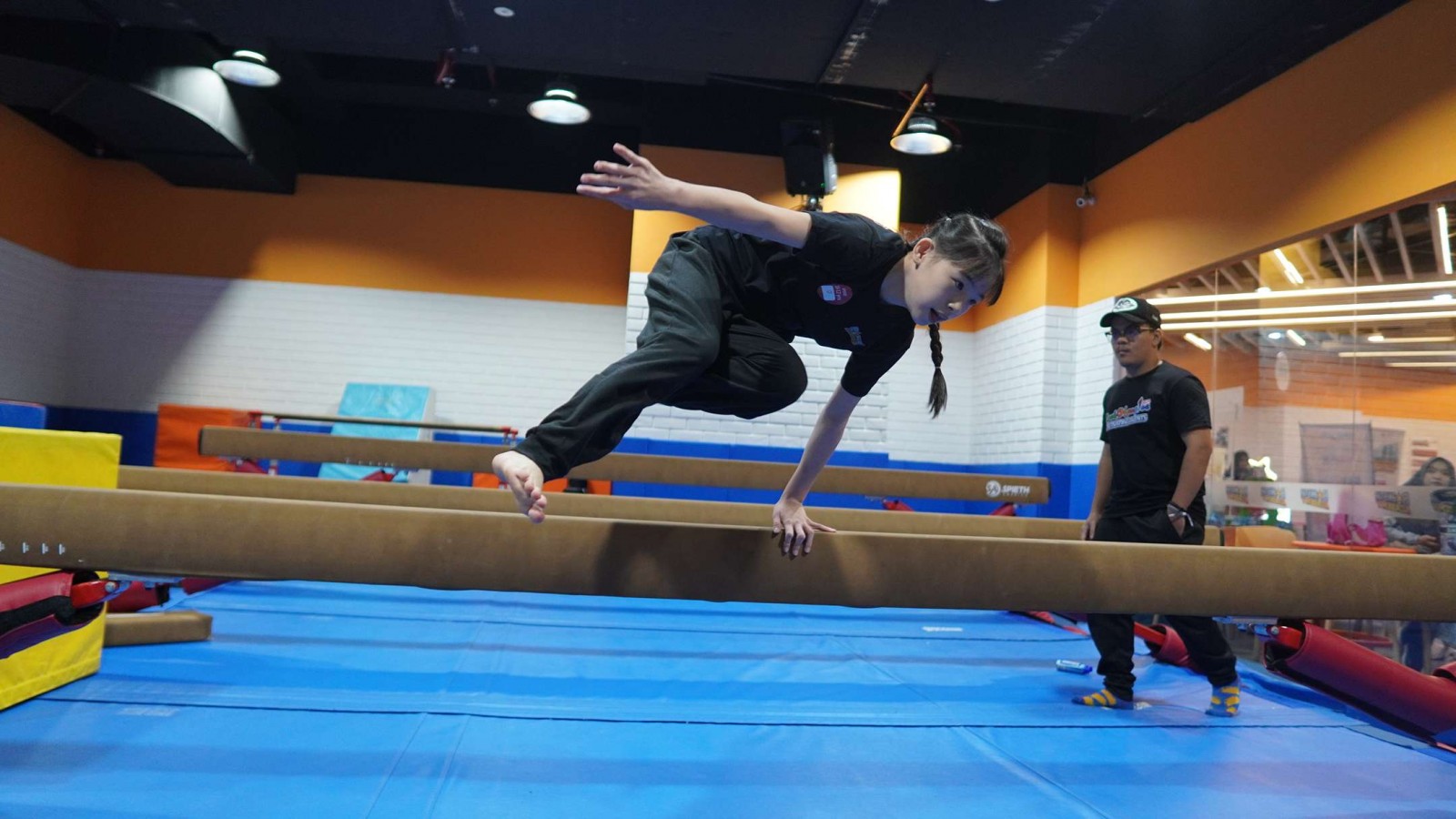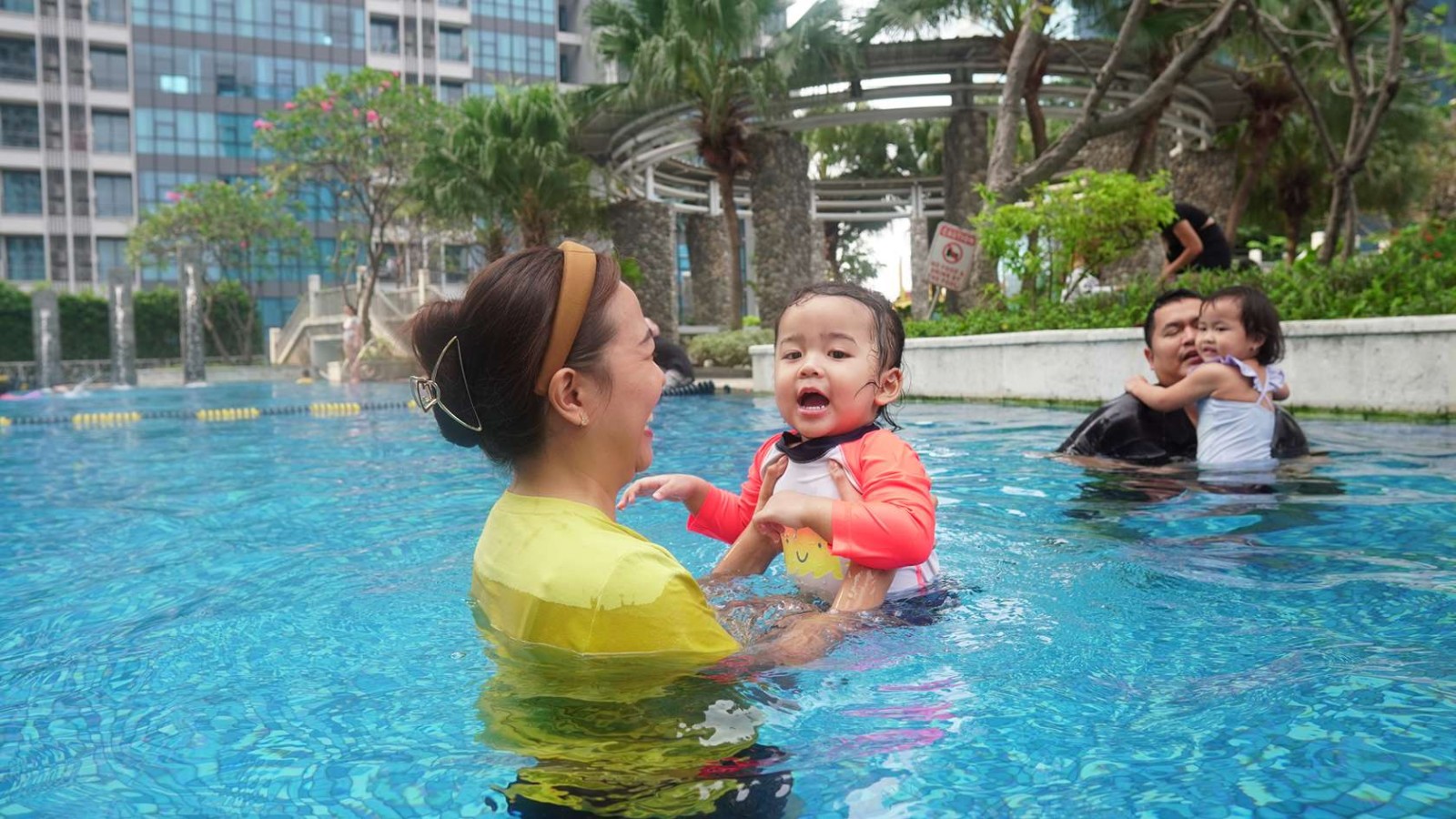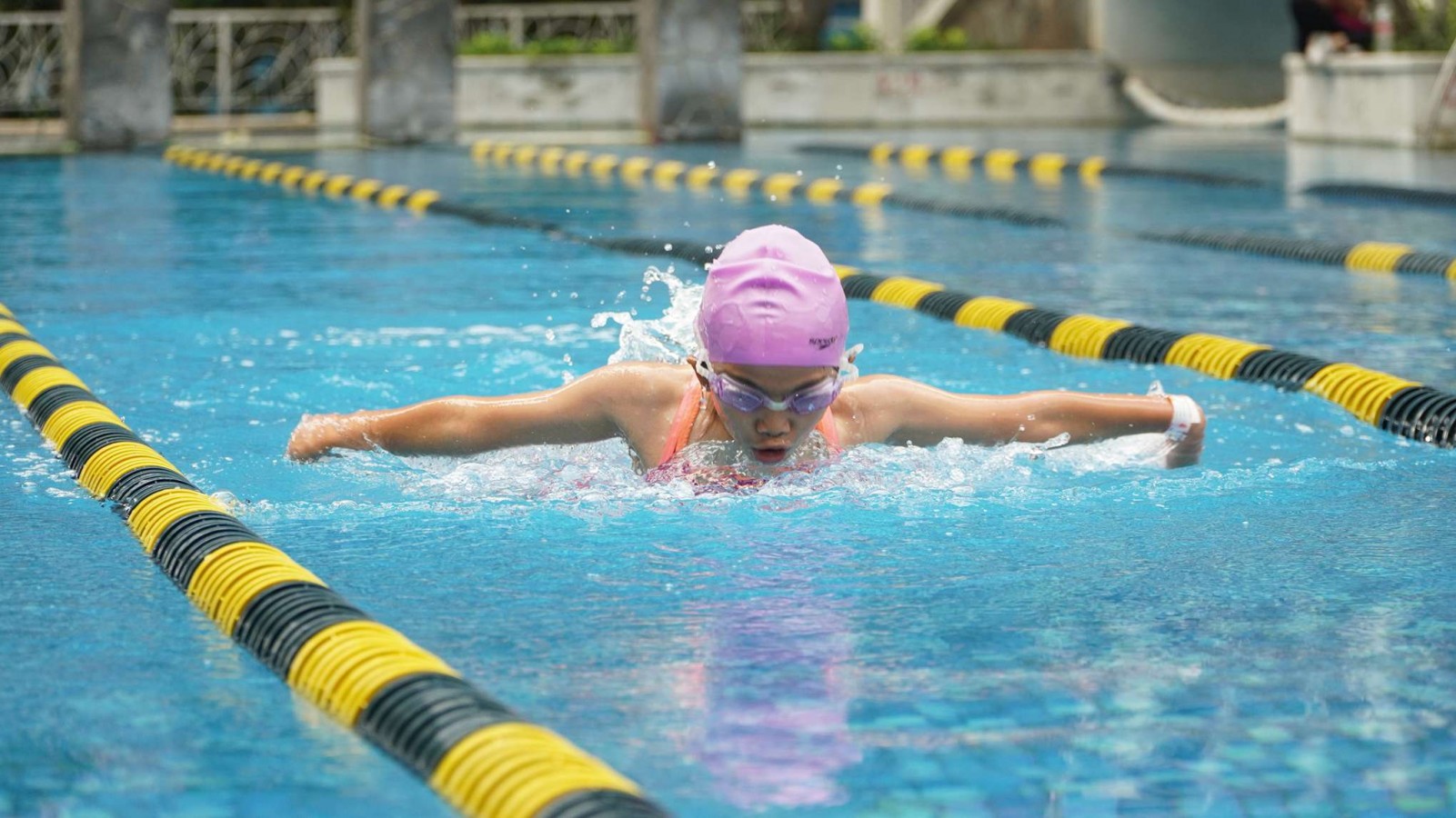The Best Activities In Early Childhood Education that Parents Can Do

Engaging in purposeful activities in early childhood education is a fundamental aspect of nurturing a child's holistic development. As parents, actively participating in your child's learning journey through thoughtfully curated activities can significantly contribute to their cognitive, emotional, and social growth.
The early years serve as a critical foundation for a child's future success, making it imperative for parents to embrace and implement the best activities for early childhood education. In this article, we will explore some of the best activities in early childhood education that parents can incorporate into their daily routines.
Getting To Know Learning Through Play
One highly effective approach to cultivating the best activities in early childhood education involves the incorporation of the learning-through-play method.
Learning through play is an educational approach that recognizes the intrinsic link between play and cognitive development in children. It involves purposeful engagement in activities that are enjoyable, spontaneous, and often fueled by a child's curiosity.
The primary goal of learning through play is to facilitate holistic development, encompassing cognitive, social, emotional, and physical aspects. The essence of this approach lies in creating an environment where children can explore, experiment, and problem-solve in a natural, unstructured manner.
Play becomes a medium through which children acquire various skills, from critical thinking and creativity to communication and socialization. Whether it's building with blocks, engaging in imaginative scenarios, or participating in interactive games, the process of play stimulates a child's brain, encouraging neural connections and cognitive growth.
What Are the Benefits of Learning Through Play Activity?
The benefits of learning through play are manifold. First, it fosters a love for learning by making educational experiences enjoyable and relatable. Then playing enhances memory retention as children actively engage with and apply what they learn.
Socially, it also promotes teamwork, communication, and empathy as children navigate shared play spaces. Emotionally, play provides an outlet for self-expression and stress relief.
Childhood Development Activities
Engaging in activities for Early Childhood Education (ECE) is a wonderful way for parents to actively contribute to their child's development. Here are some enriching activities that parents can incorporate into their daily routines to foster a holistic learning experience for their young ones:
1. Imaginative Play
Imaginative play is a cornerstone of early childhood education. Encouraging children to use their creativity and imagination fosters cognitive and emotional growth. This type of play often involves make-believe scenarios, allowing children to explore different roles and situations.
Whether it's pretending to be doctors, astronauts, or chefs, imaginative play not only entertains but also enhances problem-solving skills and social interactions.
2. Doll and Character Play
Doll and character play extend the benefits of imaginative play by introducing a tangible element. Through the use of dolls or action figures, children can create narratives and scenarios, building on their storytelling and communication skills.
This form of play also encourages empathy and understanding as children project their emotions onto their play companions.
3. Drawing
Drawing is a classic activity that nurtures a child's fine motor skills and creativity. Providing various drawing tools such as wax crayons, pencils, pens, and chalk offers a multisensory experience.
Parents can encourage their children to express their thoughts and emotions through art, fostering both communication and self-expression.
4. Painting
Painting takes creativity to another level, offering a tactile and visually stimulating experience. Whether it's finger painting, stamp painting, or using brushes and sponges, children can explore different textures and colors.
This activity not only enhances fine motor skills but also encourages experimentation and a sense of achievement as children witness their creations come to life on paper.
5. Singing songs
Singing songs is a delightful way to introduce language and rhythm to young children. Music contributes to the development of auditory skills and a sense of rhythm, and it can be a fun bonding activity for parents and children.
Incorporating simple songs with hand movements or dance steps further enhances motor skills and coordination.
6. Dancing and Rhythmic Moving
Dancing and rhythmic movement complement singing by engaging children in physical activity. Beyond promoting fitness, dancing helps develop coordination, balance, and spatial awareness. It's a joyful way for children to express themselves and connect with their bodies.
7. Bedtime Stories
Bedtime stories hold a special place in a child's routine. Beyond promoting literacy, these stories provide a quiet, comforting time for bonding between parents and children. Reading aloud stimulates language development, expands vocabulary, and fosters a love for literature from an early age.
8. Play Basic Board Games
Basic board games introduce children to the concept of rules, turn-taking, and strategic thinking. Simple games like "Snakes and Ladders" or "Memory" enhance cognitive skills such as counting, pattern recognition, and problem-solving.
Moreover, these games offer an opportunity for social interaction, teaching children valuable lessons in cooperation and sportsmanship.
9. Cooking and Pretend-Cooking
Cooking and pretend-cooking activities not only expose children to culinary skills but also incorporate math concepts such as measurement and counting. In the kitchen, children can explore different textures, tastes, and smells, expanding their sensory experiences.
Pretend-cooking with play kitchen sets allows for imaginative role-playing, encouraging creativity and social skills.
10. Play Dough
Play Dough is a versatile and enjoyable material that offers a range of developmental benefits. Beyond enhancing fine motor skills through kneading and shaping, play dough allows children to explore their senses and creativity.
Parents can introduce additional elements like cookie cutters, rolling pins, and plastic utensils to make the experience more engaging.
Start the Adventure of Early Education Today!
Parents can play a crucial role in fostering a love for learning by incorporating engaging and educational activities into their child's daily routine. The best activities for early childhood education are those that seamlessly blend fun and learning, providing a solid foundation for future academic success and personal development.
If you want to witness your child's potential shine bright, Rockstar Academy offers a unique blend of early childhood education infused with the vibrancy of a Sports & Performing Arts Academy.
With our free trial, you have the exclusive opportunity to experience firsthand how Rockstar Academy nurtures young talents. Don't miss out – enroll in Rockstar Academy's free trial today and watch your little one become a star in their own right!
FAQ
1. What types of activities are included in early childhood education?
Early childhood education incorporates a variety of activities designed to promote holistic development. These may include sensory play, storytelling, music and movement, art and craft projects, outdoor play, dramatic play, and hands-on learning experiences.
2. Why are activities important in early childhood education?
Activities in early childhood education help children explore their interests, develop essential skills, and make sense of the world around them. They promote cognitive development, social interaction, emotional expression, creativity, and physical coordination.
3. How do activities support learning in early childhood education?
Activities provide opportunities for hands-on learning, experimentation, and problem-solving. They engage children's curiosity, encourage exploration, and foster critical thinking skills. Activities also help children develop language, literacy, and numeracy skills in meaningful contexts.



